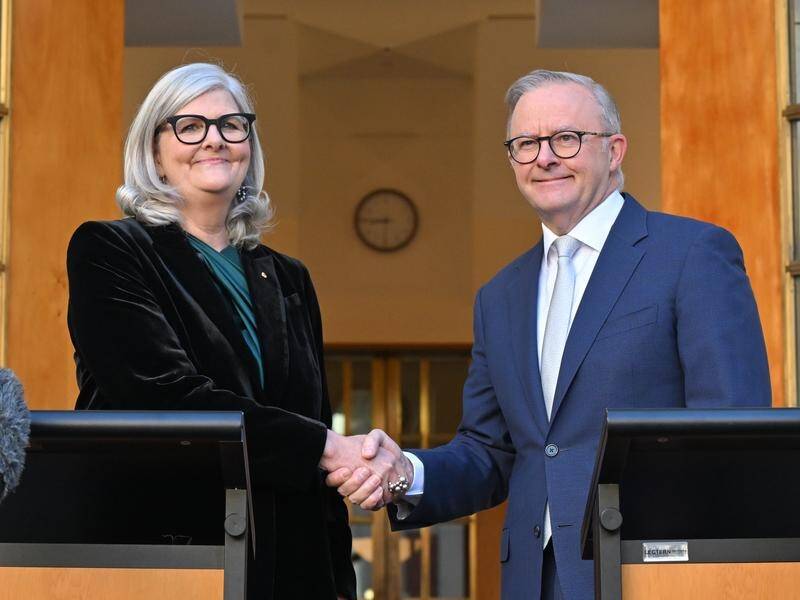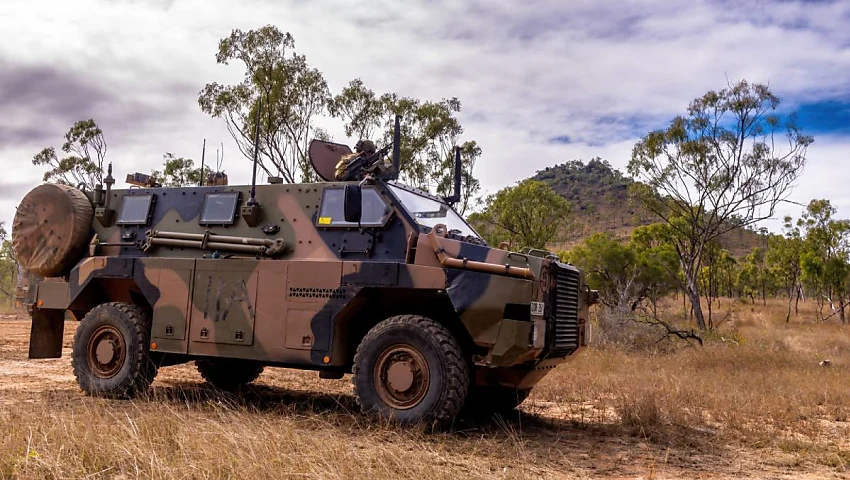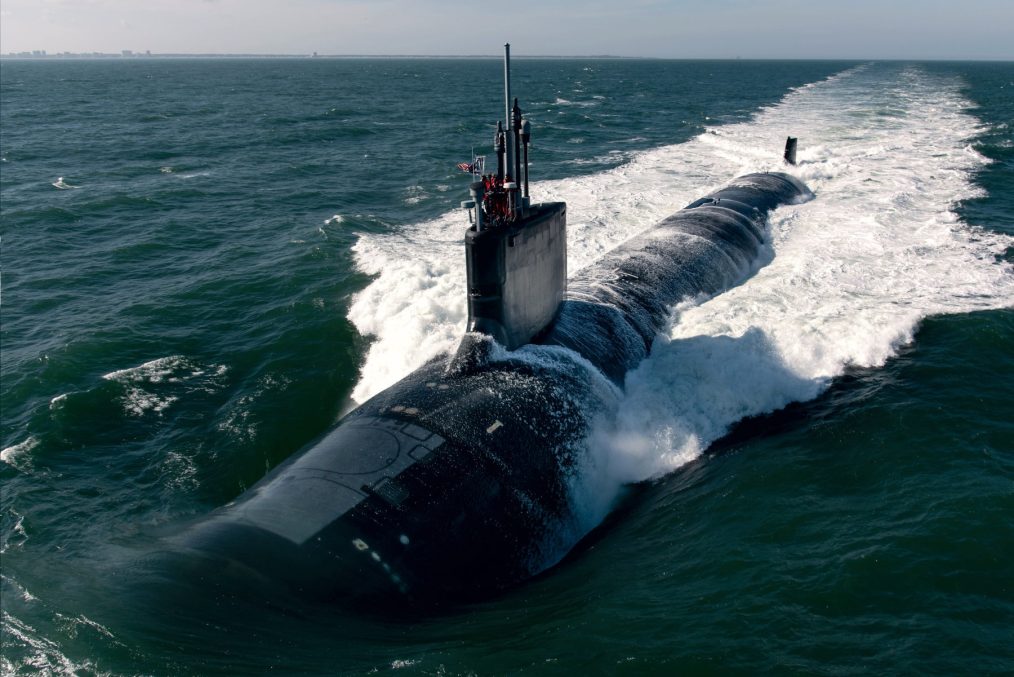Australia’s Defence Minister, Richard Marles, highlighted the necessity of reshaping all three branches of the Australian Defence Force (ADF) in response to the escalating threat posed by China in the Indo-Pacific region. Speaking at The Sydney Institute on April 4, Marles emphasized the imperative nature of tough decisions to realign the ADF strategy, as outlined in the 2023 Defence Strategic Review (DSR).
Marles acknowledged the challenges posed by a Defence budget shortfall of $42 billion, hindering the implementation of crucial projects. Despite projections indicating a rise in Defence spending, certain initiatives are slated for postponement or cancellation to maximize effectiveness in countering the evolving security landscape.
The DSR prioritises the establishment of long-range strike capabilities, bolstering air defence systems, and acquiring Virginia Class nuclear submarines from the United States, a key partner in the AUKUS alliance. Additionally, plans involve ramping up military production in Queensland and collaborating with U.S. Marines by sharing forward operating bases in the Northern Territory.
To facilitate these strategic imperatives, Marles underscored the inevitability of restructuring all branches of the ADF. This reallocation of resources aims to fund critical projects essential for deterring potential adversaries from hostile actions against Australia.
Marles lamented the inadequacy of the Defence budget, stressing that for every $100 earmarked for expenditure, the Defence sector was planning to spend $140, creating a significant shortfall. This financial disparity undermines the viability of numerous projects, leading to uncertainty regarding their fruition and potential losses incurred.
Describing the current situation as unsustainable, Marles emphasized the need to stem financial losses within the ADF. He warned that the prevailing fiscal challenges not only impact industry stakeholders but also erode morale within the Defence sector, impeding long-term planning efforts.
In conclusion, Marles stressed the imperative of making difficult decisions to ensure the ADF’s readiness to confront emerging security threats effectively. Despite fiscal constraints, Australia remains committed to bolstering its defence capabilities to safeguard its interests in the Indo-Pacific region.










